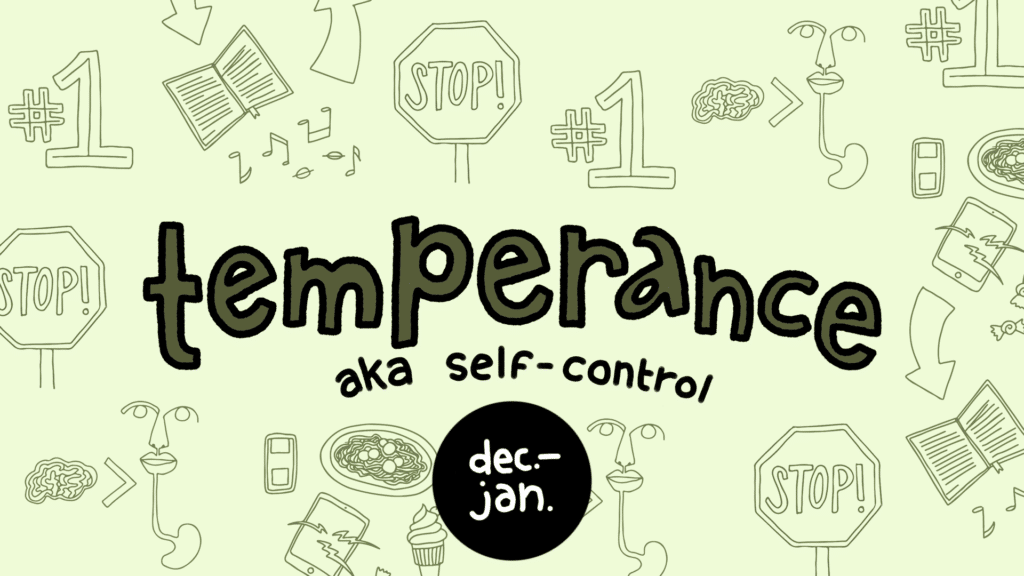
photos by Carolyn Eicher
Today we have another peek at something exciting happening in our high school, sure to provide many moments of wonder throughout the remainder of the school year (and hopefully beyond!). This semester one of the electives is a food class – “Food: The Art, Science, and History of What We Eat,” taught by Paul McCullough. Recently SLOCA parent and local kiwifruit farmer Bob Criswell came to speak to this group, and then last week the class had an opportunity to glean radishes at Talley Farms. These are just the beginning of many insightful experiences for our students, and it's likely we will be hearing more about their adventures with food!
Below Mr. McCullough shares about this class, and Bob’s visit – read on to see what our students will be doing and how you can be involved! Thank you Paul, for leading our high schoolers in learning about this important and empowering subject and for sharing it with us on the blog:
In our new high school elective “Food: The Art, Science, and History of What We Eat,” our goal is to think about food. But not to overthink food. Food is, after all, meant to be eaten, not contemplated. Maybe that’s why it is so easy to take for granted. And yet, “a significant part of the pleasure of eating,” Wendell Berry reminds us, “is in one’s accurate consciousness of the lives and the world from which food comes.” What we are striving for, then, is a kind of basic awareness that our food didn’t just arrive here on our plates. It came from somewhere. Where?
In true classical style, our Food class is organized around the Latin motto Cogitare, Agere, Esse (To Think, To Do, To Be).
As far as thinking goes, we will read Michael Pollan’s In Defense of Food: An Eater’s Manifesto. Pollan wants to recover a traditional approach to food as fundamentally “about pleasure, about community, about family and spirituality, about our relationship to the natural world, about expressing our identity.” He is wary of a modern ideology he calls “Nutritionism,” or the idea that “eating should be foremost about bodily health.” Casting aside this “unhealthy obsession with healthy eating,” Pollan wants his readers to examine their relationship with food in a broader, more human and less industrial context. Students are also presenting independent research projects in order to stay informed about a wide range of contemporary food issues: slow food, composting, food desserts, CSAs, bee keeping, seed saving, overfishing, and so forth. Our goal throughout is to avoid becoming mired in the many problems and negativity surrounding food in our culture and instead to focus on solutions—the small, practical, creative steps we can each take toward the greater realization of personal and social goods.
And as for doing, our students will be getting their hands dirty. We will design and plant a garden on the new high school campus, as well as take field trips to local agricultural operations such as Talley Farms, City Farm, and Driscoll’s berries. We will also bring in a series of guest speakers from our vibrant agricultural community. Last Friday, SLOCA parent and local kiwifruit farmer Bob Criswell spoke to the students about the importance of locally grown fruits and vegetables—and yes, he made sure to bring samples. Acquiring some basic culinary skills in order to cook an end-of-the-term meal together will also be a priority.

And finally, being. By examining great works of art—poems, paintings, and films, such as the masterpiece Babette’s Feast—we will explore the way food sustains us as human beings. Students will also write a personal awareness plan that will help them be affirmative, responsible, and intentional about their own relationship with food.
For much of human history—indeed within living memory for some, like my grandparents—the first question surrounding food was always “Will there be enough?” Today’s students, at least in a first-world context, face a radically different set of questions and responsibilities. The answers they give will quite literally shape their lives and indeed the future of the planet.
If you are interested in contributing some of your time, talents, or ideas to the Food elective, please don’t hesitate to contact me at [email protected]. We are currently looking for donations of old gardening tools, seeds and starter plants, materials for planter boxes, soil, or anything else you think might be useful. (We are kind of making this up as we go.) Drivers on certain Friday mornings from 9:30-11:30 would also be appreciated. Many thanks to those who have already been lending a hand (and in some cases a lot more): Carolyn Eicher and Andy Zink, the Womack family, the Tyra family, the Erb family, the Overduin family, the Tonko family, the Criswell family, and the Talley family. As with many things at SLOCA, the community is what makes it possible. Thank you for supporting these students! It’s going to be a terrific spring term.

















